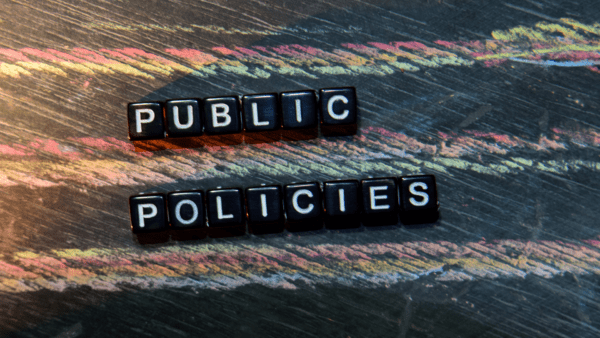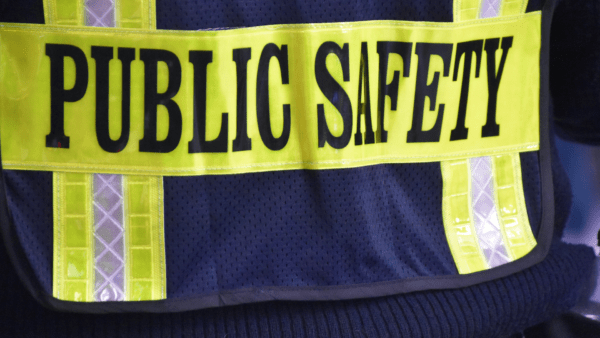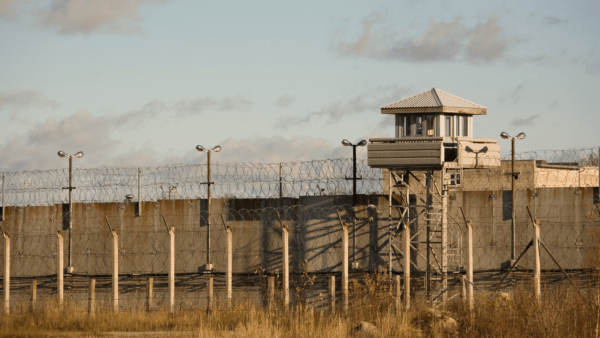
The Law, Public Policy, Public Safety, Corrections, and Security career field encompasses a broad range of professions dedicated to maintaining public order, ensuring the safety of individuals and communities, and upholding the rule of law. This field plays a crucial role in the functioning of societies by addressing legal issues, shaping public policy, preventing and responding to crime, and managing corrections and security measures.
Education
Varies, with careers like law requiring a Juris Doctor for lawyers, public policy favoring degrees in public policy or related fields, law enforcement often requiring a high school diploma and police academy training, corrections seeking a high school diploma or college degree, and security roles having diverse requirements from a high school diploma to relevant degrees or certifications. Practical experience, internships, and specific job-related training are often crucial for success in these professions.
To Consider
- Practical experience, internships, and certifications can play a significant role in securing positions within this field.
- Some roles may have specific age requirements, physical fitness standards, and background check criteria.
- Networking and staying informed about industry trends and developments can enhance job prospects.
Examples of Professional Areas (non-exhaustive)
Examples of Professions (non-exhaustive)
Common soft skills (non-exhaustive)
Soft skills are crucial in the Law, Public Policy, Public Safety, Corrections, and Security career field. Here are some common soft skills that are highly valued in this field (this list is non-exhaustive; note that all skills are not necessarily needed).
Adaptability: Flexibility and openness to change, especially in dynamic and evolving situations, allowing for effective adjustment to new circumstances.
Attention to Detail: Thoroughness and accuracy in tasks, such as document preparation, investigation, or security measures, to avoid errors or oversights.
Collaboration: The ability to work effectively with diverse individuals, teams, and stakeholders, fostering cooperation and achieving shared objectives.
Communication: The ability to convey information clearly and effectively, whether in written or verbal form, and to actively listen to others.
Conflict Resolution: Skill in identifying and addressing conflicts constructively, whether within legal proceedings, policy discussions, or interactions with the public.
Critical Thinking: The capacity to analyze information, assess situations, and make informed decisions, especially in high-pressure or complex environments.
Cultural Competence: Sensitivity and understanding of diverse cultures and perspectives, essential in addressing the varied needs of communities and clients.
Emotional Intelligence: The ability to understand, manage, and navigate one’s own emotions and those of others, fostering positive relationships and effective teamwork.
Ethical Judgment: A strong sense of ethics and integrity, as individuals in this field often deal with sensitive information and make decisions that impact the lives of others.
Leadership: The capacity to inspire and guide others, whether in a legal team, law enforcement, or policy development, to achieve common goals and objectives.
Negotiation Skills: The aptitude to engage in effective negotiations, whether resolving legal disputes, advocating for policy changes, or managing conflicts in law enforcement.
Problem-Solving: The skill to identify challenges, develop effective solutions, and implement strategies to address issues that may arise in various situations.
Resilience: The ability to bounce back from setbacks or challenges, maintaining composure and effectiveness under pressure.
Time Management: Efficiently organizing and prioritizing tasks to meet deadlines, manage caseloads, or respond to emergencies in a timely manner.





